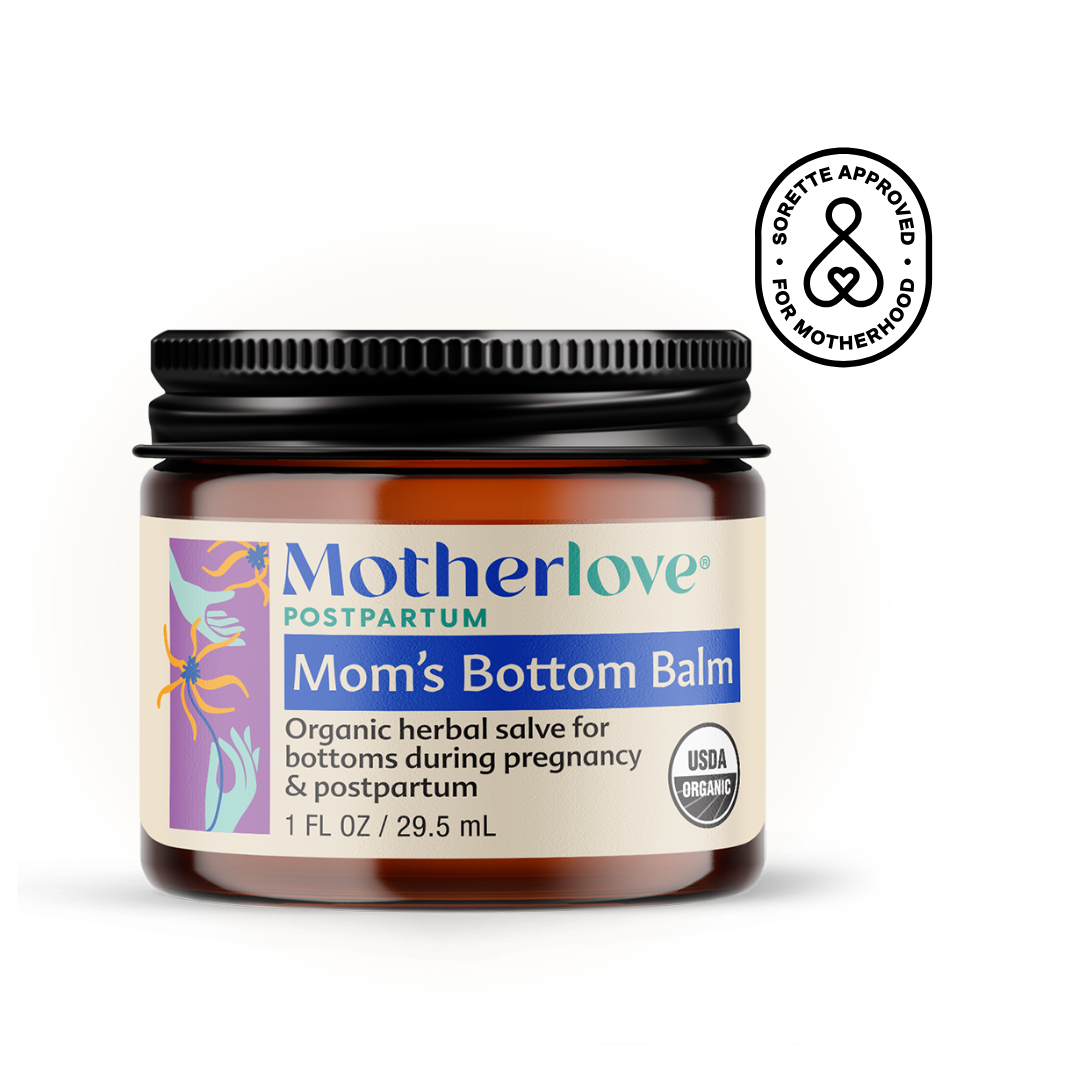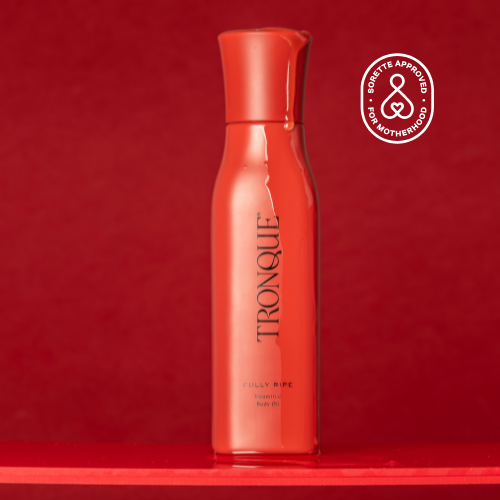You’ve heard of this term thrown around before, labeling products across seemingly every category: endocrine disruptors. You also probably know you should avoid them… but have you ever really explored what they are and what they are in? Let’s dig into the hormone-mimicking chemical and examine what it can do to our bodies, specifically, during pregnancy.
Much of what we read about endocrine disruptors can be scary, but at Sorette, we believe that knowledge is power and you can make better, more informed decisions the more you know on any given topic.
What are Endocrine Disruptors?
Your body produces several different hormones that are released at particular times and in particular doses, triggering specific functions of the body. Processes like growth and fertility operate based on the release of these hormones through the endocrine system – glands throughout the body that produce these hormones. Endocrine disruptors are hormone-mimicking chemicals that can throw off the natural production of hormones and therefore, the functions associated with them.
There are a few hormone disruptors that you’ve probably heard of – BPA (bisphenol A), arsenic, lead, phthalates, and mercury. But the actual list is likely over 1,000 chemicals long, and more and more chemicals are being studied every day to evaluate their effects on the body. (Sorette takes all of these endocrine-disrupting chemicals into account – plus all their naming iterations – when deciphering a product’s eligibility to be “Sorette Certified.”)
What Products Have Endocrine Disruptors, Like BPA and Phthlates?
Hormone disruptors are just about everywhere we turn, from dust to dinner plates. Here is a quick list of some of the more notable products where they can lurk:
- Aluminum Cans
- Toys
- Water Bottles
- Food
- Water
- Cosmetics
- Hair care and Soaps
- House Cleaners
How Do Endocrine Disruptors Affect Pregnancy
Because endocrine disruptors mimic naturally occurring hormones within the body, numerous biological functions can be negatively affected by these chemicals, from metabolism and growth to fertility and maternal health. Specifically for pregnancy, the maternal-fetal relationship is so close that, unfortunately, there are possibilities of your baby receiving some of the unwanted effects.
According to a study from 2020, endocrine disruptors “could cause and/or contribute to the onset of severe gestational conditions as Preeclampsia (PE), Fetal Growth Restriction (FGR) and gestational diabetes in pregnancy, as well as obesity, diabetes and cardiovascular complications in reproductive age.” Studies have shown that endocrine disruptors can also interfere with the placenta. It’s important to know that because endocrine disruptors are so ubiquitous and that studies on the pregnant population are logistically difficult, findings urge proactive elimination of hormone-altering chemicals out of precaution.
Unfortunately, though, the effects of parabens, phthalates, BPAs, and other hormone disruptors can come into play much earlier, affecting fertility for both men and women. According to Dr. Lora Shahine, one of Sorette’s Advisory Board Members, “Typically, the larger the paraben, the more impact it has on your endocrine receptors and hormonal system.” She continues, “Multiple studies show that when the endocrine receptors are exposed to these chemicals, the function and action of estrogen and testosterone can get altered. There’s also been a link between high levels of parabens and shorter menstrual cycles.”
How Can We Avoid Endocrine Disruptors?
Dr. Shahine explains in her endocrine disruptor video that a law hasn’t been passed in the United States to limit a chemical in a cosmetic or beauty product since 1938. “In the United States, chemicals are often assumed to be safe until proven unsafe. It’s actually harder to get a chemical out of a product than it is to get it onto the market.”
So, long story short, it’s hard to avoid endocrine disruptors.
Our biggest piece of advice for avoiding hormone disruptors is to give yourself grace. You will never be able to avoid 100% of these chemicals. Just by even reading this article will help you navigate products in the future and hopefully give you more knowledge to make a better decision for yourself and your family.
There are so many things you can do to avoid endocrine disruptors, some more easily accessible than others. Here is a small list of easy ways to switch up your routine and block out more instances of hormone-mimicking chemicals:
- Use a water filter
- Buy fresh and organic foods when possible
- Use glass containers instead of plastic, for both food and water
- Use a HEPA filter in your vacuum and air systems
- Avoid Non-stick pans
Here’s a great guide from the Environmental Working Group and Keep A Breast Foundation if you’d like to learn even more about endocrine disruptors.
Sorette is dedicated to offering products free from harmful chemicals. Our rigorous screening process, backed by a team of experts, ensures that each item meets our strict standards. With the Sorette Certified Seal, you can trust that you're making safer choices for your pregnancy and family.






